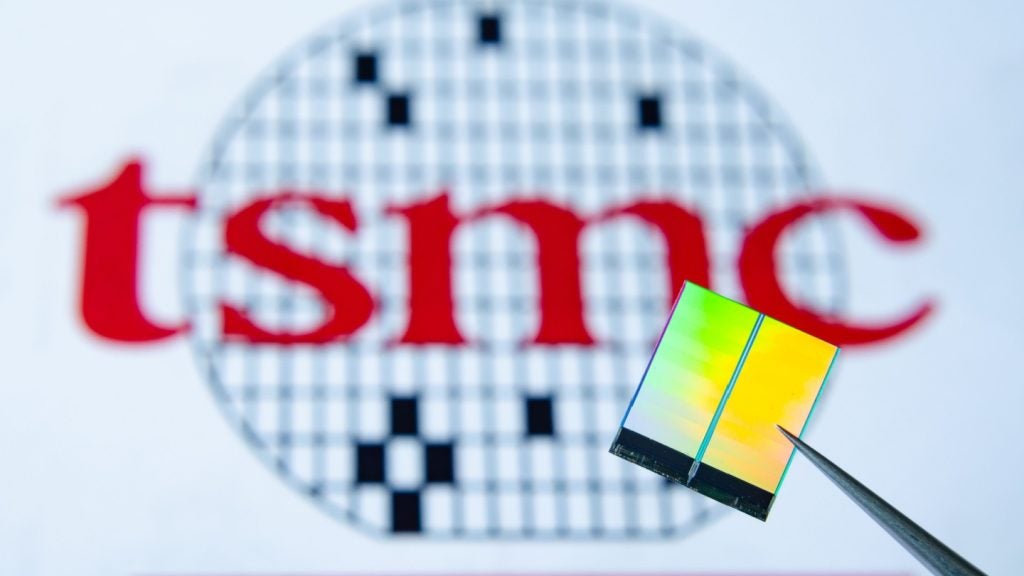
Traditional banks that are slow to respond to innovation in the banking industry could lose up to $280bn by 2025 as the offer of instant, invisible and free payments wipes out once lucrative payments revenue channels.
That is according to a new report by professional services company Accenture, titled Banking Pulse Survey: Two Ways to Win, which surveyed executives at 240 banks in 22 different countries.
Findings show that free payments will put the biggest dent in revenues. Some 71% of executives agreed that payments are set to become free, which would put 8% of payments revenue at risk.
Invisible payments, which make use of virtual wallets through mobile devices and apps, could put another 3.9% of revenues at risk.
Likewise, instant payments, where transfers are completed in real-time and require little processing, is set to hit another 2.7% of revenues, as banks make very little interest on these transactions.
Executives admit that they are already seeing the impact of invisible and instant payments, with 73% claiming most payments are already invisible and 78% claiming that most payments are already instant.
How well do you really know your competitors?
Access the most comprehensive Company Profiles on the market, powered by GlobalData. Save hours of research. Gain competitive edge.

Thank you!
Your download email will arrive shortly
Not ready to buy yet? Download a free sample
We are confident about the unique quality of our Company Profiles. However, we want you to make the most beneficial decision for your business, so we offer a free sample that you can download by submitting the below form
By GlobalData“Rather than being at the forefront of the new wave of the booming payments market, banks are feeling the heat from new competition and seeing their margins squeezed,” Gareth Wilson Accenture’s managing director for global payments, said.
Payments innovation is also a $500bn opportunity
According to Accenture, global payments revenue is set to grow by 5.5% annually over the next six years from $1.51trn to $2.09trn, presenting as much as $500bn in new revenue for banks to gain.
“We face an inevitable world of instant, invisible and free payments , which spells trouble for banks that don’t want to be relegated to the plumbing of payments. But it also presents an opportunity to tap into a new business model based on this digital boom,” Wilson said.
“Channels that once made the banks billions of dollars will cease to exist,” Alan McIntyre, Accenture’s senior managing director for banking, said. “To succeed in the future, banks will need to develop new digital business models at scale, with ‘one-click’ payments the new norm, and set their sights on delivering secure, convenient and frictionless customer experiences.”
Almost one in four executives pointed to artificial intelligence (AI), robotics, machine learning and innovative payment hubs as key technologies that require investment if they are to offer high-speed and continuous payments. Another 18% cited security as their main priority.
However, a recent report by application programming interface (API) integration platform Cloud Elements, The State of Open Banking 2019, suggested that many financial service providers felt they were unprepared for change in the industry.
Results of more than 200 surveys of IT professionals in financial services showed that an unwillingness to take risks, legacy issues, a lack of vision, and a lack of resources were among the most common issues holding banks back from capitalising on the promise of open banking.
Read more: What is open banking and why does it matter to business?







